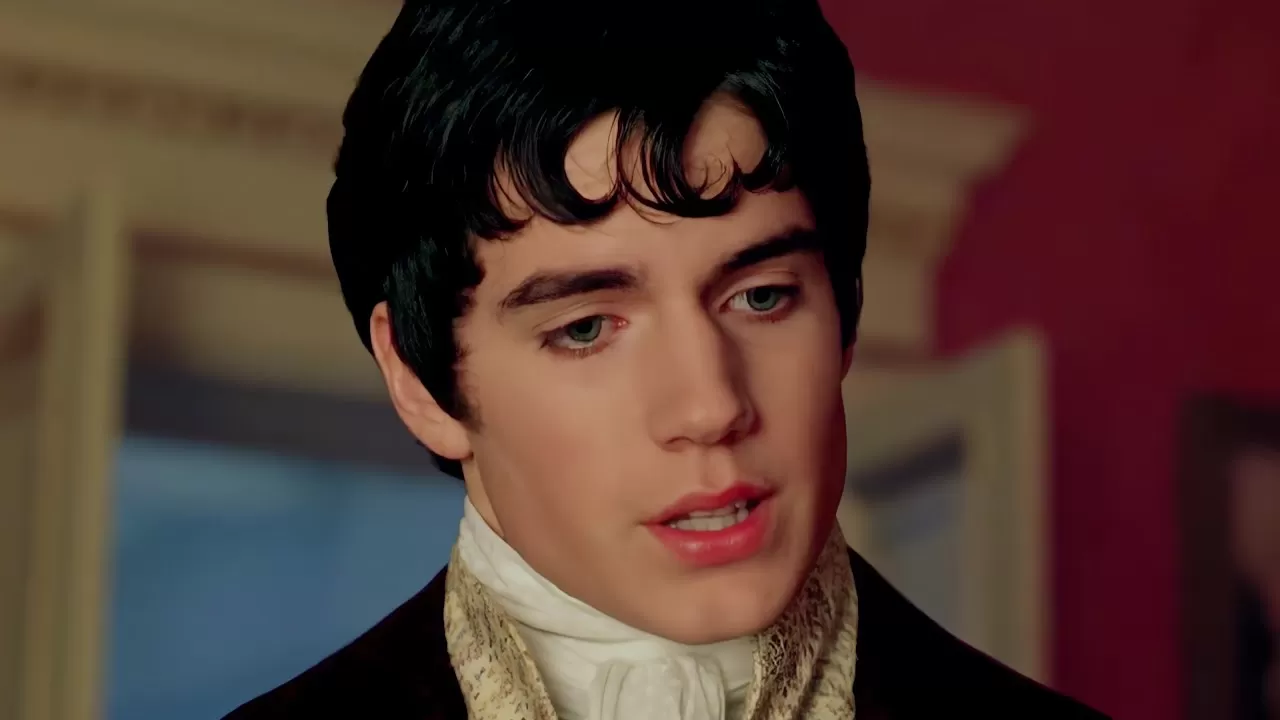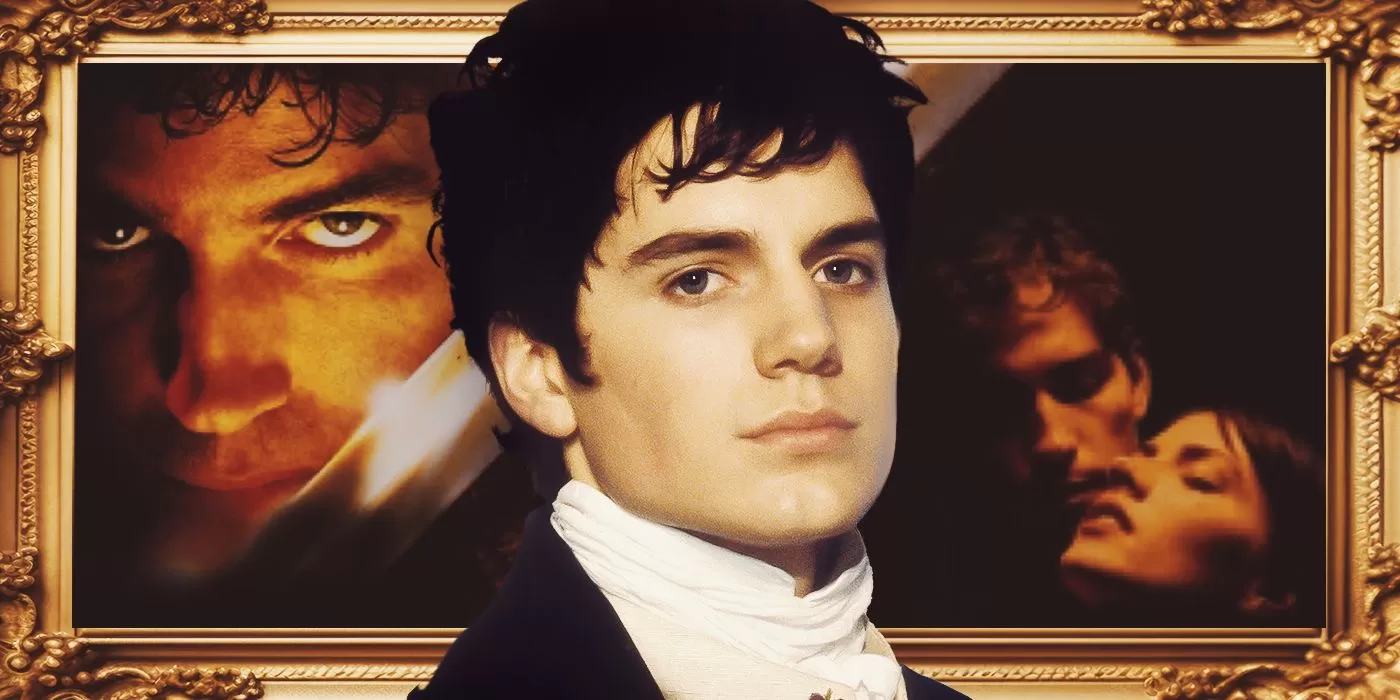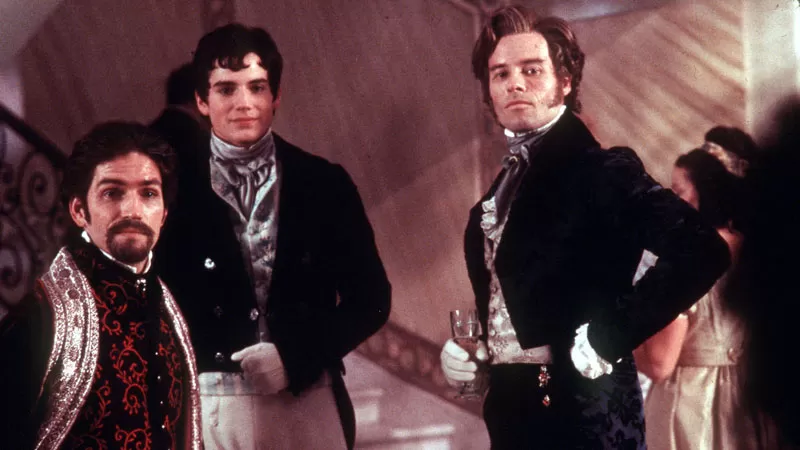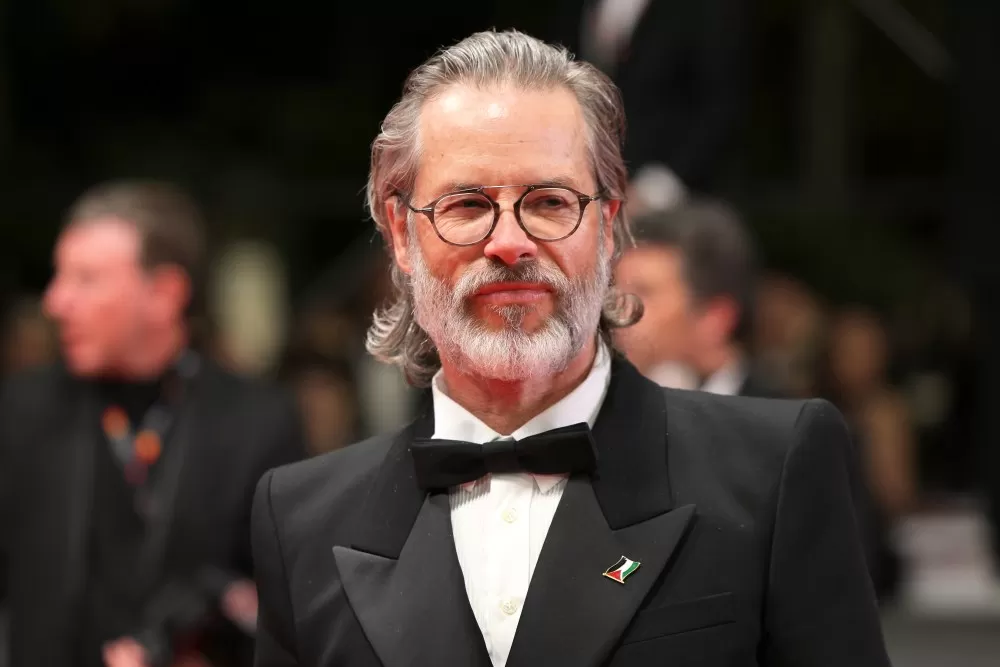In the world of big-budget filmmaking, it’s often easy to assume that the larger-than-life stars of Hollywood are exactly as they seem — flawless, charismatic, and always living up to their on-screen personas. However, Guy Pearce’s experience working on a $75 million Henry Cavill movie proved that sometimes, reality doesn’t align with expectations. During the making of The Count of Monte Cristo, Pearce had an epiphany that would stick with him for years to come — a moment that caused him to rethink the saying, “Never meet your heroes.”

Pearce, whose career spans decades and includes roles in iconic films like Memento and L.A. Confidential, found himself working with one of his heroes on the set of The Count of Monte Cristo. The film, a big-budget retelling of the classic tale, starred a young Henry Cavill in one of his earlier notable roles, alongside Pearce, Jim Caviezel, and Luis Guzman. While the film was being shot in picturesque locations such as Ireland and Malta, Pearce had high hopes for his interactions with his co-stars, particularly with Freddy Jones, his long-time favorite actor from The Elephant Man. However, the reality of meeting his idol was far from what he had imagined.
Pearce spoke candidly about how Jones, whom he had admired for years, turned out to be a far cry from the warm, charismatic figure he had envisioned. Instead of the warm mentorship he had hoped for, Jones was “grumpy” and somewhat distant. This experience served as a sharp reminder of how meeting one’s heroes doesn’t always live up to the hype. Pearce admitted to being initially disillusioned, realizing that heroes, both on and off the screen, are complex individuals who may not always fit the idealized image that fans carry in their minds.

This realization from Pearce’s Count of Monte Cristo experience offers a broader lesson in the entertainment industry, where the pressure and expectation placed on stars are immense. While actors like Henry Cavill might have become symbols of strength and integrity, their real-life personas can be vastly different from the roles they portray on screen. This complexity makes Cavill’s journey, in particular, all the more fascinating for fans.
For Pearce, however, this wasn’t a story of disappointment. While Jones didn’t meet his expectations, the overall experience of working on The Count of Monte Cristo was filled with meaningful moments. The film itself, set against the backdrop of stunning European locales, provided Pearce with memories that transcended the disappointing interactions with his hero. It also demonstrated the unpredictable nature of working on major productions, where not every moment goes according to plan, but the final result often remains rewarding.

Looking back on his career, Pearce has used moments like these to shape his perspective, not only as an actor but as a person. His reflections on his experiences and the lessons they taught him are part of what makes his career so intriguing. One key example he shares is how his role in The Time Machine challenged him to stray from the mold of his earlier work in Memento. When an executive asked him to replicate his role in Memento for a similar project, Pearce instead chose to take the opposite route, ensuring that he wasn’t just repeating his past work but was instead charting new creative territory. This approach is emblematic of Pearce’s career, marked by his constant willingness to challenge himself and break away from what was expected.
Pearce’s recent role in The Brutalist — a film for which he earned a Golden Globe nomination — is another example of his ability to approach his craft with depth and integrity. Playing a wealthy industrialist in a film alongside Adrien Brody, Pearce once again shows his versatility and willingness to take on challenging and complex roles. This, paired with his ability to reflect on his own journey, is part of what makes his career so fascinating. Pearce’s acknowledgment of the lessons he’s learned, including those from The Count of Monte Cristo and his experience with Freddy Jones, speaks to his growth not only as an actor but as a person who understands the importance of navigating both the highs and lows of fame and professional expectations.

In the context of working with Henry Cavill, Pearce’s reflections on his experience add an interesting layer to their shared journey in the world of blockbuster filmmaking. Cavill, like Pearce, has faced his own set of challenges in navigating the often complicated world of fandom and high-budget productions. Though Pearce’s personal experiences with Cavill were not extensively discussed, it’s clear that Pearce’s philosophy on heroism extends beyond the realm of actors. His reminder that heroes, both in film and in real life, are flawed human beings resonates not only with aspiring actors but with audiences everywhere.
Ultimately, Pearce’s takeaway — that “never meet your heroes” can sometimes be a bitter but valuable lesson — underscores the complexity of idolizing figures who seem larger than life. While it’s certainly disappointing when expectations aren’t met, the reality is that these experiences shape our understanding of what it means to be human, both in the entertainment industry and beyond.




